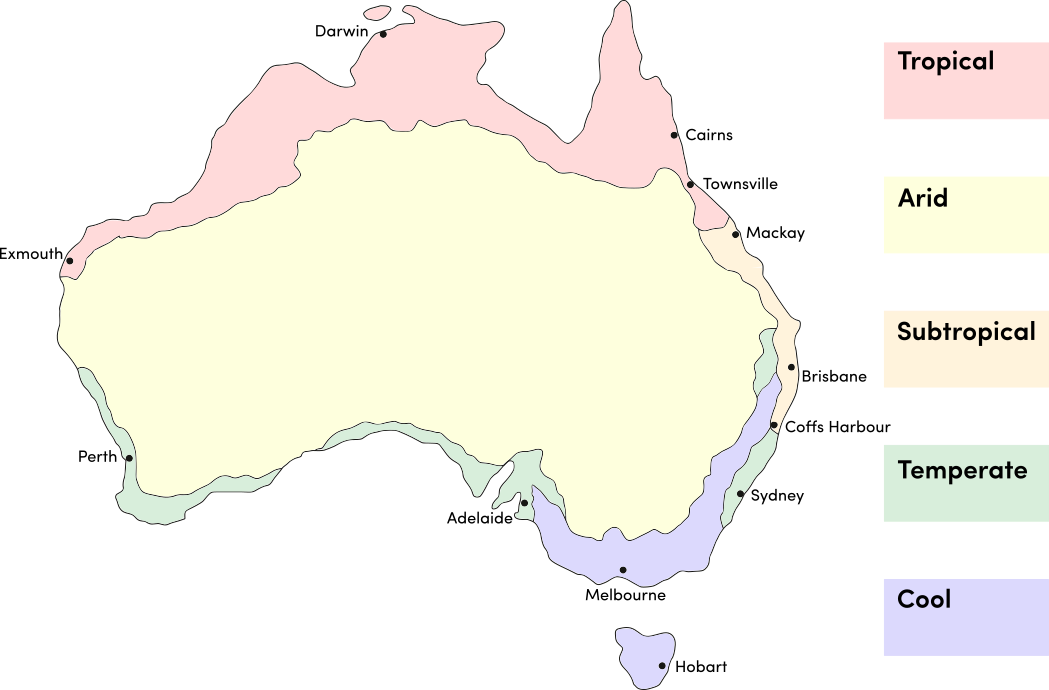The last month of winter is finally here and most gardeners are optimistically looking forward to the arrival of spring and the warmer weather ahead. We have had a mostly mild winter across the country, however it is important if you're in a cool climate area to keep your plants protected, as we can still experience heavy frosts well into August.
If you haven't already started planning your spring veggie and flower beds, then now is the opportune time to think about what you want to be harvesting from the garden over the coming months. This year, why not try something new and exciting that you have never grown before? As well as those old reliable crops that you've come to know and love.
You can get a head start on your spring and summer veggies by sowing frost sensitive seeds, such as eggplants, chillies, capsicum and tomato in a mini-greenhouse, using a heat mat, or by using a heated propagation kit. Just set them up in a sunny, warm location indoors and this will give your seeds the ideal environment to germinate and you should have established seedlings ready to transplant into the garden in a few months time as the warmer weather arrives. Read more about starting seeds early here.
Our stock levels are still recovering after the seed buying frenzy we experienced at the start of lock-down but we have restocked most of the common spring and summer veggies already. Tomato, zucchini, cucumber and pumpkin varieties that are still out of stock are likely to remain that way for a number of months, so it's best to choose from what is available now. We will have some more new seed varieties added to our range in the coming weeks, including a range of new chillies, so keep an eye on our new arrivals!
Seeds to Sow in August
The links below list more seeds that can be sown now in each climate. Click to browse:
▩ Cold Climate: Tasmania, Melbourne, Mt Gambier, Canberra, etc.
▩ Moderate Climate: Sydney, Perth, Adelaide, etc.
▩ Warm Climate: Brisbane, Bundaberg, Carnarvon, etc.
▩ Tropical Climate: Broome, Darwin, Cairns, Townsville, etc.
▩ Not sure which climate? Click here.
Crop rotation
When planning for your spring and summer vegetable patches keep in mind crop rotation is important to help promote healthy soil. The best rule of thumb is to alternate between leaf crops and root crops and remember not to sow tomatoes in the same location as last year, alternate them with a bean or pea crop. Succession planting
Using the days to maturity on each seed variety can help you plan your harvest times. If you are looking to extend your harvest, then consider staggered planting or succession planting crops to ensure you get the most produce out of your available garden space.
Soil Health & pH
Late winter is a good time to prepare your beds for spring crops by adding well composted manure, digging in green manure crops, adding organic compost and turning over the soil in your beds. Ensure your soil pH is within the ideal range for the type of veggie or flower crops destined for your patch so you get the best results.
Companion planting
As the weather warms up and pests in the garden become more active, consider using companion planting in and around your veggie crops this spring and summer to help encourage and attract beneficial insects and pollinators into your patch. Planting Marigolds can assist with repelling whitefly as well as helping control nematode issues. Sunflowers and Calenduals are great for attracting bees and hoverflies and they work well as a trap-crop for aphids. Brightly coloured flowers such as Zinnias will attract insects such as ladybirds which will help control aphids, thrips and whitefly as well as adding a great pop of colour to your veggie garden.
Tool maintenance
One of those mundane yet important jobs for late winter is to ensure your garden tools are ready for use in spring. Sharpening stones or multi-tool sharpeners are a great and easy way of sharpening secateurs, loppers, garden scissors and knives. If you're reusing plastic pots or seed sowing dispensers make sure you wash them thoroughly with a weak bleach solution to prevent any possible contamination. Dirty pots and seed raising trays can harbour bacteria, fungus and pests which can impact the overall health of your seedlings and plants.





